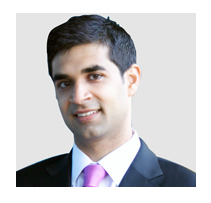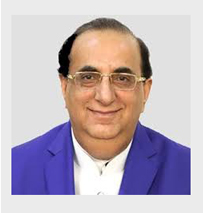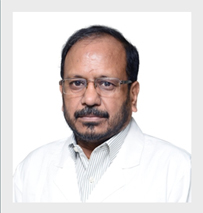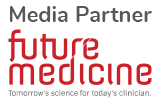

Individuals of South Asian ancestry represent 23% of the global population – corresponding to 1.8 billion people – and suffer from substantially increased risk of coronary artery disease (CAD). This increased risk is particularly noted for early-onset CAD cases, for example occurring prior to age 50 years. Across all ethnicities, early-onset CAD represents about 1% of overall cases, whereas in South Asians this number is up to 10%. New risk tools – especially those that can be calculated early in life – are a major public health need.
Recent breakthroughs in human genetics have led to the development of ‘genome-wide polygenic scores’ (GPS) that quantify inherited risk for disease. Unlike the traditional approach where geneticist looked for single DNA mutations that substantially increase risk, these scores integrate information from millions of sites of common DNA variation. These scores – which can be calculated from time of birth – can identify 5% of the South Asian population with more than triple the normal risk based on genetic variation alone.
Join us for this webinar where we discuss the background of the GPS methodology, its clinical utility in predicting CAD and its potential uses in other disease areas such as diabetes, breast cancer etc.
Individuals of South Asian ancestry represent 23% of the global population – corresponding to 1.8 billion people – and suffer from substantially increased risk of coronary artery disease (CAD). This increased risk is particularly noted for early-onset CAD cases, for example occurring prior to age 50 years. Across all ethnicities, early-onset CAD represents about 1% of overall cases, whereas in South Asians this number is up to 10%. New risk tools – especially those that can be calculated early in life – are a major public health need.
Recent breakthroughs in human genetics have led to the development of ‘genome-wide polygenic scores’ (GPS) that quantify inherited risk for disease. Unlike the traditional approach where geneticist looked for single DNA mutations that substantially increase risk, these scores integrate information from millions of sites of common DNA variation. These scores – which can be calculated from time of birth – can identify 5% of the South Asian population with more than triple the normal risk based on genetic variation alone.
Join us for this webinar where we discuss the background of the GPS methodology, its clinical utility in predicting CAD and its potential uses in other disease areas such as diabetes, breast cancer etc.

Dr. Khera received his MD with Alpha Omega Alpha distinction from the Perelman School of Medicine at the University of Pennsylvania. He completed a Masters of Science at the Harvard School of Public Health, and a postdoctoral research fellowship with Dr. Sekar Kathiresan in human genetics at the Broad Institute of MIT and Harvard.
He has developed expertise in epidemiology, clinical medicine, and human genetics.
Among his scientific contributions, he pioneered use of a new approach to quantify genetic risk (‘genome-wide polygenic scores’) for common diseases, developed biomarkers that provide new biologic insights, and analyzed large-scale gene sequencing data to highlight key pathways driving risk for cardiometabolic disease.
Dr. Khera has authored more than 75 scientific publications, including lead-authored publications in the New England Journal of Medicine, Journal of the American Medical Association, Cell, Nature Reviews Genetics, Nature Genetics, Journal of the American College of Cardiology, and Circulation. He is a 2017 recipient of the National Lipid Association Junior Faculty Award and the 2019 recipient of the Douglas P. Zipes Distinguished Young Scientist Award from the American College of Cardiology.
Webinar will be presided over by

Dr. H. K Chopra

Dr. Rakesh Gupta
